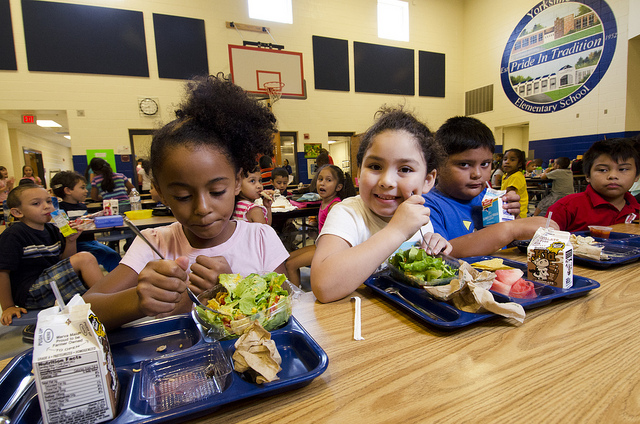The following commentary was submitted by an Elkridge, Md. manufacturer of plastic bags. Readers are welcome to comment at the bottom of the article, or submit an opposing view of similar length.
By Bill Ebeck
You may have heard that Maryland is considering a harmful and regressive grocery bag tax in their current legislative session.
As a local manufacturer of plastic bags in Maryland, and knowing how plastic bags are manufactured and recycled, I want to explain exactly why this legislation is poor policy that will serve only to harm consumers, jobs and the environment. This is a subject I am passionate about because I don’t just work in the industry, but because I understand the unintended consequences of such legislation.
What often goes overlooked with taxes is whom it will impact – with this grocery bag tax, legislators must consider the impact it will have on lower income and fixed-income residents as it drives up grocery costs and creates more hassle than convenience. With recent local job cuts, a sluggish economy, and new local and state taxes, many Maryland families are mindful of their monthly budgets.
Meanwhile, the working class is having to deal with an economy where they are seeing monthly expenses outpace pay and having to make tough choices about what to buy that month. A nickel tax might not sound like much, but for the hardest hit families, every nickel counts.
A recent Montgomery County report showed that $2 million was collected in just one year of taxing local plastic bags. That’s less money in the pockets of everyday workers which means less disposable income.
Now think about that same statistic, knowing that the intention of the tax was to stop a particular behavior – the dollars raised is sufficient evidence that consumers are not being discouraged from purchasing bags. In fact, the amount was twice the revenue that Montgomery County officials anticipated! It’s no wonder that Montgomery County Council member Roger Berliner is discussing the need for rescinding the tax.
Meanwhile, outside special interest groups are claiming that the grocery bag tax is meant to protect the environment and change consumer behaviors. However, plastic bags make up only a fraction of a percent of the U.S. litter stream, according to the U.S. Environmental Protection Agency, making up less than 0.5 percent of the U.S. municipal solid waste stream. So not only are plastic bags serving as a scapegoat for the state’s litter problems, but if the tax were to be enacted, the legislation would do little to help the local environment.
A tax would also impact local businesses as evidenced by other U.S. cities with similar taxes and bans. The intended impact is to have consumers switch to so-called “reusable” bags. The Chamber of Commerce of Victor Valley in California recently advised businesses that thieves often rely on reusable bags to steal merchandise. Out in Seattle, grocery stores have also suffered due to a spike in thefts. One store even blamed the city’s plastic bag ban for thousands of dollars in losses. Closer to home, in Washington, D.C., a Safeway supermarket representative noted that there has been a rise in shoplifting since the bag fee started.
These facts may come as surprising news to some – but legislators must understand the consequences of a new tax. Regressive taxes on carryout bags will not only harm those who can least afford it, but it will do little to help the environment.
If the point of this legislation is to collect revenue for the state without doing anything to help the environment or educate people on recycling their plastic bags – well, then taxing plastic bags will do exactly what they don’t want – hurt Maryland’s economy and struggling residents.
Bill Ebeck is Director of Sales for Advance Polybag, Inc. an Elkridge, Md. manufacturer of plastic bags




It seems to me that the debate is over the lesser of two evils.Paper or plastic? Yes they both can be recycled but plastic is of course made from oil…or natural gas..if you really want to take that route;) Paper uses more water and cost the lives of millions of trees that take decades to replace. People have to realize that the material is the problem, not the processes of handling the material…Instead of investing more into expensive and widely ineffective recycling systems that don’t address the problem of over consumption and plastic being a toxic material, we should invest our time in looking at the design of our products from the start and make sure that our products can be naturally returned to the environment from which they came. To continually take and never return is obviously unsustainable. Think about it.
Taxing plastic bags is a great first step in cleaning up our environment and preventing clogging of our waterways. Period.